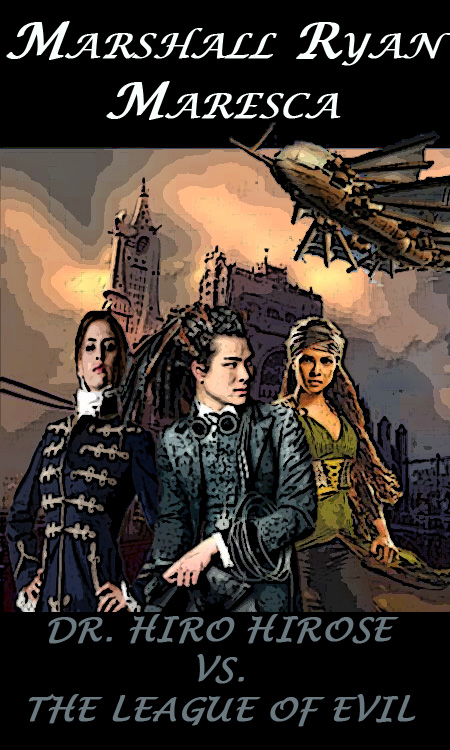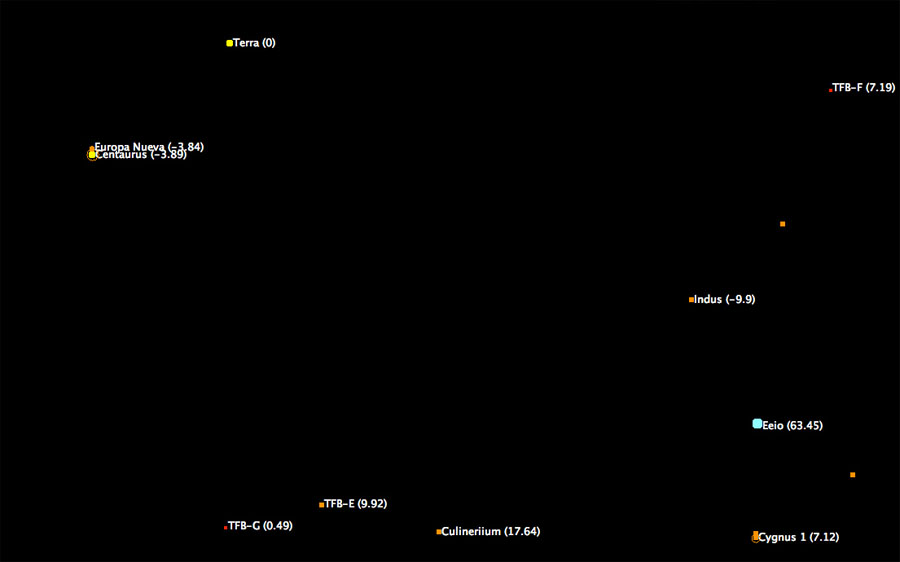I think it goes without saying that every writer has a graveyard; the place where dead projects are left to molder. The ecologist in me believes the ideas found in those dead projects break down and filter back up, get a chance to be used again.
For me, my graveyard is mostly filled with proof of the necessity of outlining. Several projects that were mostly borne of a single idea, and I immediately went putting pen to paper, figuring it would all come together as I wrote.
That was not what happened, of course.
My thoughts today went back to one of those graveyard projects, from over 15 years ago. Not to the point where I would revive it-- I really don't see that happening-- but just reminiscing. This one really was a Big Idea kind of project.
The Big Idea was this: What if five men, all born on Earth in the 1970s, were destined to be at a specific event on a distant planet in 3184? To all be there at the right time and place, they would have to use extraordinary means. I decided that each journey would have to be different.
One of them would become a test astronaut, doing the distance and time in cryo-sleep. One of them would learn magic, and fling himself directly through time and space to the appointed meeting. One would die and be resurrected when the moment came. Those three had the "short path", as it were.
The other two guys had the "long path". Or, one long and one indirect. One of them (Jake) essentially became immortal through little more than an act of will, deciding to live long enough to still be alive centuries later. The other (Ian) received a map of time/space portals, allowing him to travel all around time and space, making sure various pieces were in place for the event to occur (including sending the map to himself). These two, inevitably, became my more central characters of the five, as they had to deal with the intervening moments that led up to the Big Event, while the other three guys got to skip over them all.
The thing is, all of this is a whole lot of Big Idea, but not a whole lot of actual story. A big part of that comes down to not having any outline. Mostly what got written was a few vignettes where Ian would emerge through a portal, usually somewhere near Jake, and depending on where each of them was on their personal timeline, one of them would Know What Needs To Happen, and the other would be clueless and confused. None of these vignettes really amounted to much of anything, mostly because whichever character was more in the know would inevitably pull the "You Can't Know That Yet" card, in a lame attempt on my part to build mystery. This was in no small part to the fact that I honestly had NO IDEA where I was going with anything. Especially the Big Event. What the hell could it be, and why did it need these five guys there? No clue. I never came up with anything that I didn't immediately decide was either anticlimactic, contradictory or just plain stupid.
So, my point is, in the end, I need that outline. Especially if I set up something leading to a big climax.
Though, at some point, I might want to revisit some of these ideas. At the very least, there is something intriguing that could be done with the out-of-order friendship of an immortal and a time-traveller.

